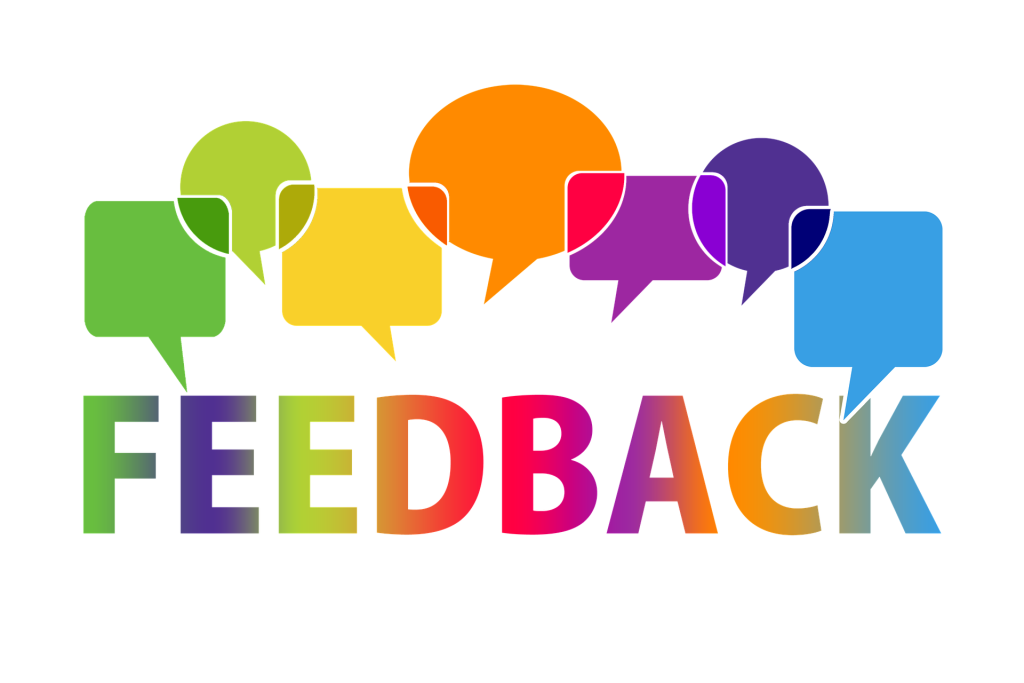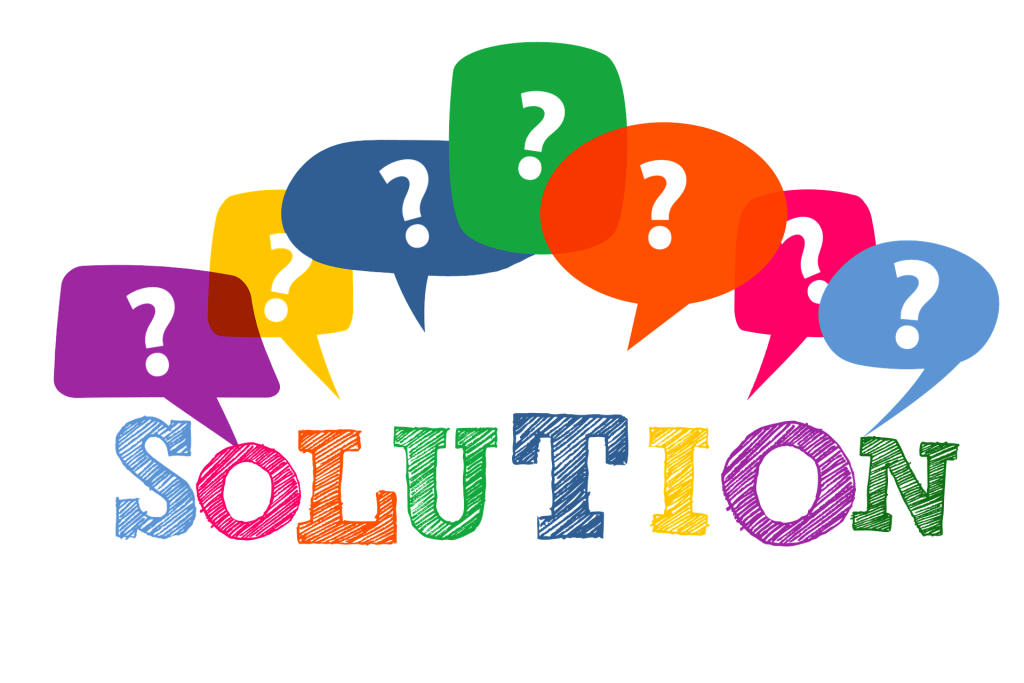The Importance of Knowing How to Listen Copy

Knowing how to listen is not taken for granted; learning to listen in an active, proactive and productive way is anything but simple.
Hearing and listening are not the same; active listening is the willingness to listen using the attention, sensitivity and intelligence we all have.
As we have already mentioned, active listening allows us to place ourselves in other people’s shoes and acknowledge and accept different points of view or emotions, leaving aside all judgment.
To listen, we must add the information we receive through sight, collecting all the signals of congruence or incongruence. Body language may confirm or contradict words.
Often, when two people confront each other, the starting situation sees thoughts, opinions and centres of interest separated by roots of presumed knowledge that sink deeply into the certainties of each of us.
There are exceptions, and depending on the situation, the interest and listening to the speaker can be sincere and total.
It is essential to practice quality listening to make it an active habitual process.
- Do you care what the speaker is saying?…
During a conversation, it’s perfectly natural to focus more on what you have in mind if only to explain your point of view to others. All the more so when the topic of discussion sees the participants in distant positions. It’s not easy to step back and admit you’re wrong after you’ve pleaded your case.
- Are you interested in what he is saying to you?…
Confronting a topic with another person is like painting a picture in two. We already know the part that belongs to us; we have our beliefs and master the thread of our reasoning. We are missing the part enclosed in the interlocutor’s mental process, a point of view that could broaden the vision, adding new elements to situations we had not evaluated. Comparison is always a sum, never a subtraction. Listening with interest to the reasoning behind another person’s beliefs enables us to assess our position from a different point of view.
- Can you perceive the emotional nuances of tone and voice?…
The tone of the voice underlines the essential parts of the concept; it amplifies or diminishes the words’ incisiveness. It can make us understand the higher barrier between the two subjects.
- Do you pay attention to body language?…
Elusive gaze, leaning forward body, fingers in motion, posture, reddening of the face, and movements of the shoulders are just some of the involuntary signals our body emits during an interaction. The coherence or inconsistency between what is said and what the body transmits can clarify the message’s meaning. Body language deserves an in-depth study that enriches our communication skills with a genuinely effective tool like other topics mentioned.
- Do you try to understand how the person talking to you is feeling?…
Anger, suffering, pain, joy, gratitude, indifference, etc. The mood influences the words, softens or accentuates the effect, hides important things, enhances irrelevant thoughts, and, above all, requires the action of a filter that allows you to get to the valid message. Dedicating part of the time to understanding the speaker’s emotions will enable you to get in tune and communicate, which helps lower negative feelings to arrive at a typical wavelength that allows a more constructive dialogue.
- Do you ask the right questions at the right time?…
Asking questions aimed at listening encourages the interlocutor to express himself. Therefore, it allows us to deepen our knowledge, clarify doubts, and complete the picture by drawing the details. Silence can also be as effective as a question. The human being tends to fill in the gaps, and prolonged silence can lead the other person to add information to complete the topic by adding details. The simple question “So what?” is often enough to achieve the goal. Furthermore, questions are synonymous with interest and involvement.

